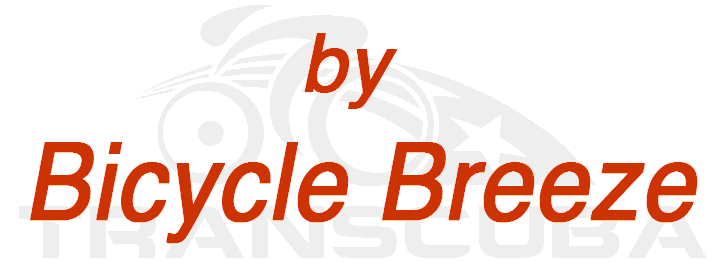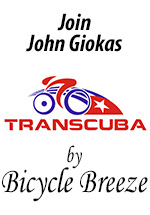April 1/14 14:19 pm - Cycling Third Most Tested Sport by CCES in Q4 2013
Posted by Editoress on 04/1/14
The Canadian Centre for Ethics in Sport has released the domestic doping control statistics for the final three months of 2013 (October-December), and Cycling was one of the most tested sports in the period with 66 tests - third after Speed Skating (140) and Hockey (85).
All of the Cycling tests were Out-of-Competition (OCC), with 18 Urine and 48 Blood tests. Hockey had 3 In-Competition (IC) Urine tests and 82 OCC Urine tests, while Speed Skating had a total of 105 Urine (47 IC, 58 OCC) and 35 Blood (18 IC, 17 OCC).
In total, the CCES did 1033 domestic tests during the period - 847 Urine (194 IC, 653 OCC) and 186 Blood (18 IC, 168 OCC). Cycling accounted for 25.8% of all Blood tests.
Full results for all sports can be downloaded Here.
The CCES also announced how the more than $800,000 one-time contribution from the Government of Canada, the Canadian Olympic Committee (COC) and the Canadian Paralympic Committee (CPC) would be used to help fight doping in sport.
"These funds will allow us to increase our focus on intelligence gathering and investigations to stay ahead of sophisticated doping strategies, as well as expand the Whereabouts and Athlete Biological Passport Programs," said Paul Melia, President and CEO of the CCES. "With increased intelligence we can test the right athlete, at the right place and at the right time. This is a huge win for fair and clean sport."
The additional funding allowed the CCES to implement a more comprehensive approach to anti-doping in Canada and focus on making sure all Olympic and Paralympic athletes were tested during the four months prior to the Sochi Olympic and Paralympic Games.
As part of the announcement, the CCES launched an anonymous Report Doping Hotline (1-800-710-CCES). The announcement was made at a news conference on November 3, 2013, in the presence of athletes and representatives from national sports organizations.
The Report Doping Hotline, a mechanism used by other national anti-doping organizations to receive information on doping activities, came in direct response to public opinion research commissioned by the CCES that indicates Canadians and athletes want clean sport.
"One of the most effective ways to obtain intelligence about doping is to gather information from athletes themselves," said Melia. "We know that athletes need to feel confident and comfortable sharing sensitive information. That is why it was so important to be able to provide an anonymous hotline so that we can increase and improve the dialogue with athletes."
| Return to Canadian Cyclist homepage | Back to Top |





